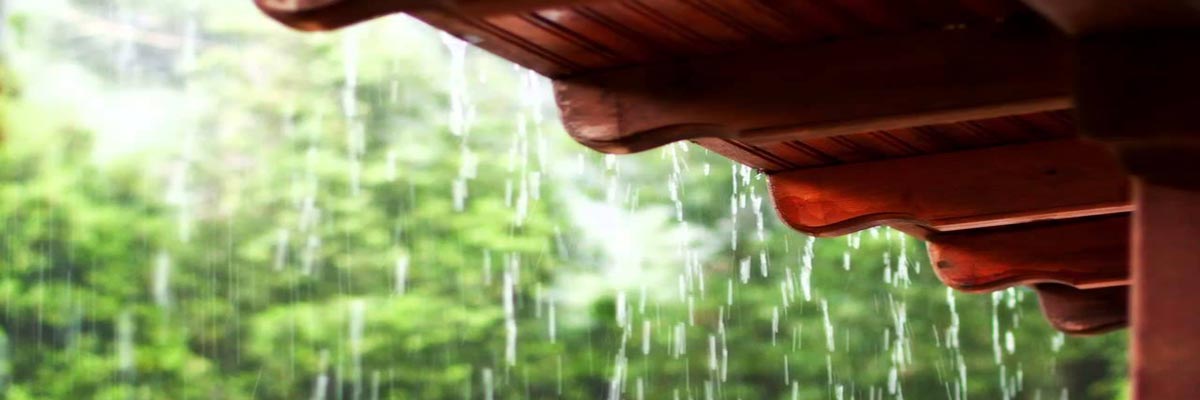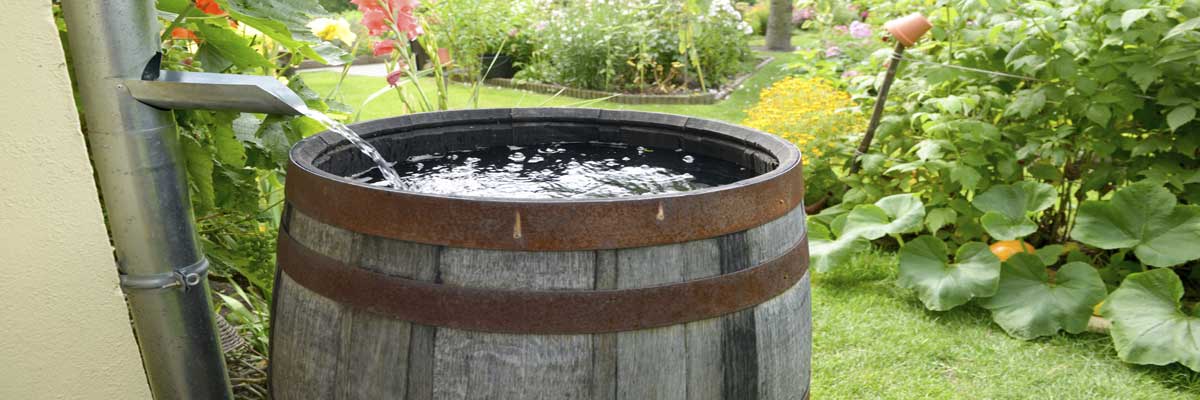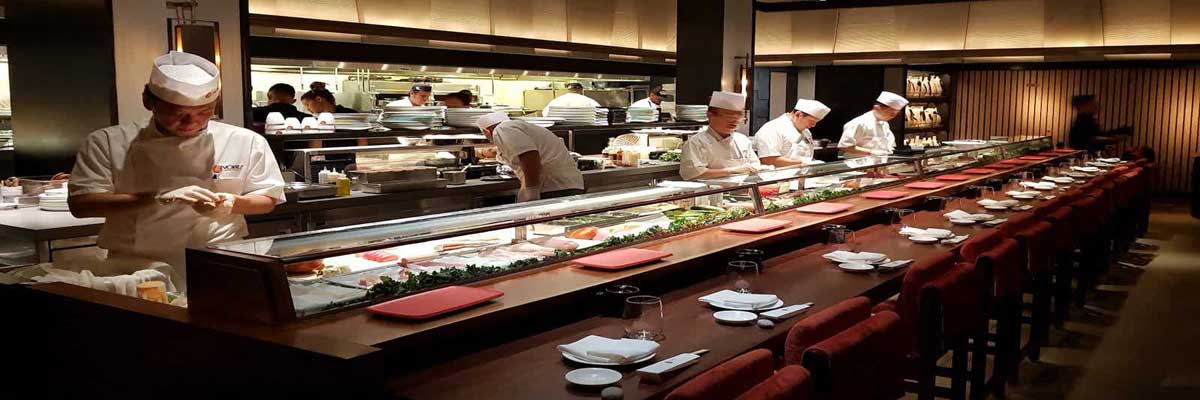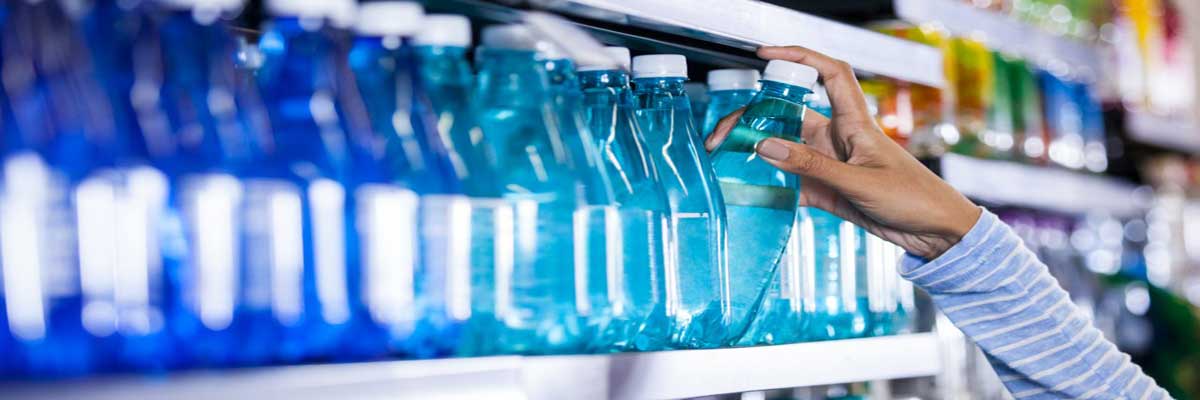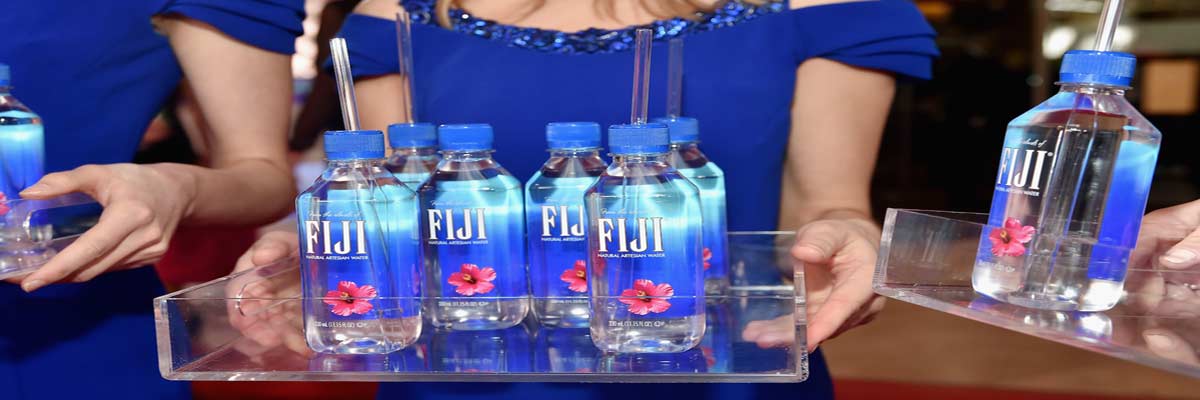Spyware Disguised As Eco Antivirus Tricking Users
Environmentally-conscious PC owners beware! There’s a fairly recent spyware virus out there that takes advantage of the green movement to promote an entirely different agenda.
Called “Eco Antivirus”, the app poses as green security software — offering to help conserve the energy your computer consumes while searching for malicious bugs. Unfortunately, the app is a malicious program itself that “bombards the screen with a series of fake security warnings, deceiving scans and aggressive marketing designed to persuade the user to visit the Eco AntiVirus website to purchase the malicious software.”
While those infected have reported it being something of a nightmare to remove the spyware, there are now legit apps to handle this wolf in sheep’s clothing.
Lesson here? Don’t download suspicious software without first doing a bit of googling to pull back the curtain on any BS green claims. Even software can greenwash.
Utah Residents and Businesses Do Not Own the Water that Falls on Their Property
Like Colorado, Utah has laws on the books that make it illegal to collect rainwater that falls on one’s property. A Utah car dealer installed a cistern and rainwater collection system to feed a on-site car wash that has water recycling technology. This was in an attempt to “go green”. He was thwarted by the state government, and eventually had to work out a deal. Local residents who collect rainwater will not be bothered at this point because “there are bigger fish to fry”.
Eleven Year-Old’s Organic Veggie Stand Shut Down by California Mayor
I think that Joel Satalin can add another chapter to his book Everything I Want To Do Is Illegal after reading this story. I mean, really, a child’s veggie stand shut down for lack of permits? What’s next, no lemonade stands or car wash fundraisers?
ABC News via ABA Journal:
Call it a rite of passage: children by the roadside peddling their homemade goodies to adults who are more than eager to drop a few cents into a makeshift cashbox.
But Katie and Sabrina Lewis’ veggie stand, in the town of Clayton, Calif., where they sold homegrown watermelons for $1, has been shuttered by town officials who told the girls’ parents that their daughters’ venture violated local zoning ordinances.
“I think that they’re wrong,” dad Mike Lewis said of the town officials. “Kids should be able to be kids.”
Base Jumping Off Of Wind Turbines Probably Not Legal
It was only a matter of time.
With most commercial turbines over 265 ft. tall, they were bound to attract the base jumping crowd. Thing is, they’re not the easiest things to get access to — so we’re wondering whether this crew has an inside man to let them climb to the top. Not to mention turn off the turbine for the jump. Nice view, though.
In Colorado, Rain Barrels Are Illegal. Yup.
Yesterday, after I vented a bit on the lack of rain barrel options at Big Box stores, a reader tipped us off to a very interesting issue in her state of Colorado. Rain barrels there, you see, are outlawed. Colorado state law mandates that any water falling from the air is not yours. In fact, according to their site, its already been “legally allocated” — so, you don’t actually have any rights when it comes to using precipitation that falls on your property. Here’s the exact wording:
Colorado Water Law requires that precipitation fall to the ground, run off and into the river of the watershed where it fell. Because rights to water are legally allocated in this state, an individual may not capture and use water to which he/she does not have a right. We must remember also that rain barrels don’t help much in a drought because a drought by its very nature supplies little in the way of snow or rain.
Additionally, any and all water that comes from tap may only be used once. “Denver water customers are not permitted to take their bath or laundry water (commonly referred to as gray water) and dump it on their outdoor plants or garden.” Even if that said water is ecologically-friendly?
We’re not alone in thinking this is a stupid law. Last summer, The Colorado Springs Gazette said the following:
Nobu Sushi Restaurants Use Fiji Bottled Water To Boil Rice
I shouldn’t be surprised. And yet, when I read that Nobu Matsuhisa — owner of the Japanese restaurant chain Nobu — uses Fiji Water to boil rice, I nearly laughed out loud. That was immediately followed by reverence for the power of branding; and lastly, slight depression over the mind-fuck given to the world courtesy of bottled water.
That glimpse into Nobu’s massive love for one of the fastest selling bottled water brands in the world came from an excellent article detailing the success and origin of the Fiji water label. Here’s a highlight:
Another golfer caught his eye and Gilmour watched as the man took a long drink from a European bottled-water brand. How bizarre, he thought, to come to a place like Fiji, where the water is famously pure, and choose to drink a European brand instead of the better and more available local stuff. Inspired, Gilmour founded a production company and signed a 99-year deal with the Fijian government to tap an ancient aquifer on the main island of Viti Levu. He called his brand Fiji Water.
Bottled Water Becomes More Fabulous. And Dumb.
We all know how down-right silly bottled water is. In today’s day and age, with some of the best municipal water infrastructures ever created, we still feel the urge to purchase and lug around “purified” water sourced from a luxurious aquifer, taken to a warehouse, bottled, and shipped to your grocery store. Meanwhile, that water fountain to you right is somehow frowned upon.
Well, unfortunately, bottled water continues its evolution and manufacturers are coming up with more and more creative ways to make you “desire” the privilege to drink their products. Take for instance this latest “designer bottle” for Fine Japon. Here’s what they were looking for:
Grooming The (Gen Y) Consumer Generation
As I prepare to head back to school, I’ve been thinking about how interesting it will be to interact with the next generation of students. Many of them will have grown up with the ability to log on to the internet and gain instant information, the ability to contact friends and family at a moments notice, and an overall different perspective on life. Not that I am that much older that they will be, but 10+ years is difference enough to grow up with a completely different set of ideas, beliefs and interests.
I came across a blog post that gives me pause, however. I wonder how many of these students will have spent a lifetime being groomed to grow up and be consumers.
This past weekend I had the occasion to visit a dorm at George Washington University. I hadn’t been in a dorm in years and was shocked at how nice it was. Each room in this particular dorm had its own kitchenette and bathroom. Some rooms have their own washer and dryer. Apparently, this is the norm. When I was in college we were crammed into tiny rooms with no amenities and sharing a bathroom with 6 other girls was the norm. We shared the laundry room with the entire dorm.
Apparently, today’s college students have grown up with certain standards and aren’t going to lower them just because they are in college and away from the comforts of home. In fact, they expect those comforts to follow them there. When deciding where to go to college, dorms and dining halls play as much a part as do the classes and football team.
Don’t Buy Water From Fiji
If you’re looking for another way to lessen your impact on the environment might I recommend not buying bottled water; especially bottled water from Fiji.
From Boing Boing
The label on a bottle of Fiji Water says “from the islands of Fiji.” Journey to the source of that water, and you realize just how extraordinary that promise is. From New York, for instance, it is an 18-hour plane ride west and south (via Los Angeles) almost to Australia, and then a four-hour drive along Fiji’s two-lane King’s Highway.
I’ve got to say this one goes in the common sense category. First of all think about how much pollution a trip like that takes. Secondly, who pays $3.00 for a liter and a half of drinking water? Lastly how many Americans don’t have running water and drinking glasses in their homes and offices? Don’t like the taste or purity of what’s coming out of your tap?Buy a filter. Don’t be a sucker and fall for yet another of corporate America’s clever pieces of propaganda.
Town Decrees Solar Panels Ugly, Family Fights Back
I always find amusing the rules that some of my friends around the country must abide by when living in community housing developments. Your grass can only be so high, children’s toys must be kept to a minimum outside, your house can only be certain shades of color, etc. etc. It’s a frightening utopia of meaningless laws and trivial worry. When I heard that the town of Scarsdale denied a family the opportunity to put up solar panels — on the basis that they were ugly and “not in keeping with the character of the community” — I immediately wanted to cry/laugh. You have got to be kidding me.
But then I thought that such reactions are probably not too uncommon. We live in a world with designer water, designer shampoo, and animal spas. People have become so accustomed to modular cookie-cutter homes with white picket-fences and weed-free sidewalks — that they’ve actually forgotten there’s a world of people out there who could care less and actually would like to live a unique existence; with character and vision for their own lives. So, when you move to a place like Scarsdale, and they deny you the ability to lead that existence based on the above criteria, what do you do? You call their bullshit and fight back. From the article,
US Answer To Global Warming: Giant Space Mirrors and Balloons
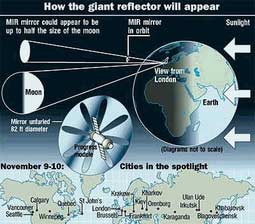 I think George has been watching a little too much TV lately. Was there a James Bond marathon on that I failed to catch? In a massive three-year study by the UN on climate change, to be release this coming Friday, the U.S. appeals for the world’s scientists to develop technology to block sunlight as a last-ditch way to halt global warming. I kid you not. Stop laughing.
I think George has been watching a little too much TV lately. Was there a James Bond marathon on that I failed to catch? In a massive three-year study by the UN on climate change, to be release this coming Friday, the U.S. appeals for the world’s scientists to develop technology to block sunlight as a last-ditch way to halt global warming. I kid you not. Stop laughing.
The report is being prepared by the the Intergovernmental Panel on Climate Change (IPCC), and “will underpin international negotiations to devise a new emissions treaty to succeed Kyoto, the first phase of which expires in 2012. World governments were given a draft of the report last year and invited to comment.”

